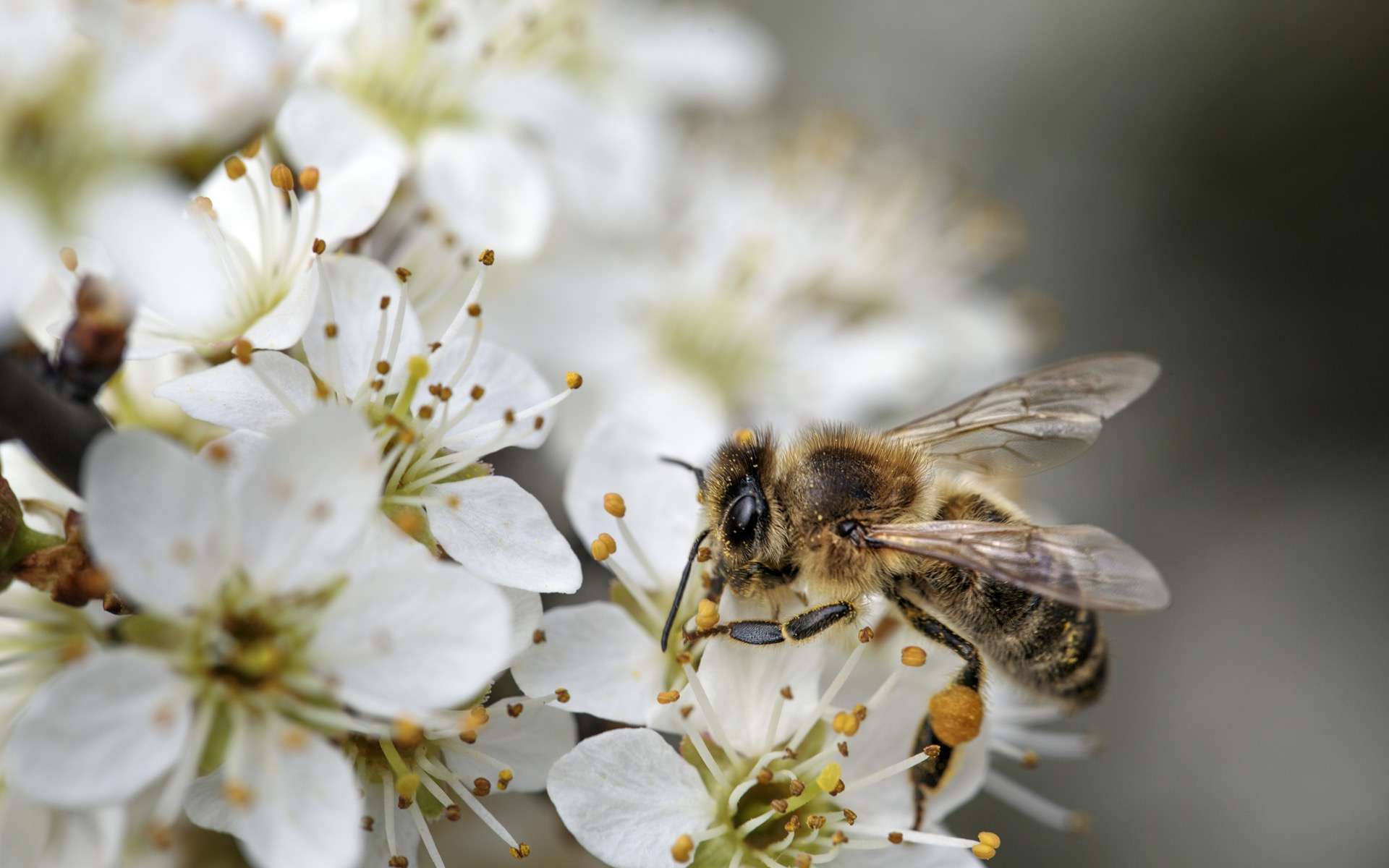Studying how our body clocks, how long we’re awake, and how our Mood connects is still unclear in everyday life. People with stressful jobs or those who work at night often struggle with depression and mood problems. But thanks to new wearable devices, researchers can now explore these connections outside of labs.
A new study using wearables examines the effects of circadian rhythms and time awake on first-year physicians’ moods. Scientists from the University of Michigan and Dartmouth Health investigated the science of waking up on the wrong side of the bed.
For this study, scientists used Fitbit data from over 2,500 training physicians (interns) over two years. They found that the interns’ self-reported mood cycles peaked around 5 p.m. and peaked around 5 a.m. Sleep deprivation exacerbated these mood swings, resulting in poorer moods and more drastic mood swings throughout the day.
Benjamin Shapiro, lead author of the study and psychiatrist at Dartmouth Health, said, “Mood naturally cycles with the lowest point in the morning and highest in the evening independent of sleep deprivation. Sleep deprivation is a separate process that further decreases Mood. Someone awake all night at 5 a.m. should have an even lower mood than if they just woke up at 5 a.m. However, on a typical day, their Mood at 5 a.m. will still be lower than that in the evening.”
For two years, the study examined data from 2,602 medical interns. They monitored the interns’ heart rates, daily walking distance, sleep habits, and emotional states. Using information from wearable technology that tracked activity and heart rate minute by minute, they also calculated their body clock time and sleep duration.
Scientists found that Mood follows a rhythm associated with the body’s internal clock. This internal clock influence increases as someone stays awake longer, which tells how the body’s clock affects Mood. The study also introduces wearable technology as an exciting new way to explore these factors in mental health issues.
Medical interns responded to a daily mood survey as part of the Intern Health Study. The survey was open to them at any time of day. “How was your mood today?” was the inquiry posed.
The interns’ body clock timing and the amount of time they had been awake were matched to the researchers’ mood assessments. It was found that the best Mood occurred at 5 p.m. and the worst at 5 a.m. Additionally, they observed that the longer the interns stayed awake, the worse the Mood got.
Shapiro said, “The field of psychiatry has known that sleep and circadian rhythm play an important role in mental health. However, these findings have only been shown in small samples and artificial laboratory settings. This study generalizes these findings to everyday life across many participants.”
Scientists noted, “The study only looked at a generalized model of Mood in medical interns, and that individual variation of Mood is more complex and dependent on factors such as social dynamics, schedules, and temperaments. Also, there were minimal individuals who stayed awake more than 18 hours during the day. Finally, the researchers did not use validated emotional rating scales such as the Depression Anxiety Stress Scale or clinical screening tools.”
However, the researchers did demonstrate how non-invasive devices like Fitbits or other smart watches might help monitor circadian rhythms and mood problems.
Journal Reference:
- Benjamin Shapiro, Yu Fang, Srijan Sen, Daniel Forger. Unraveling the interplay of circadian rhythm and sleep deprivation on Mood: A Real-World Study on first-year physicians. PLOS Digital Health. DOI: 10.1371/journal.pdig.0000439
– Advertisement –
Note: This article have been indexed to our site. We do not claim legitimacy, ownership or copyright of any of the content above. To see the article at original source Click Here












